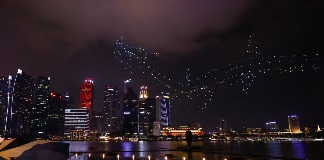In Monaco and Nice, early June, the Philanthropy Asia Alliance (PAA) joined thousands of global leaders at two pivotal events: the Blue Economy and Finance Forum (BEFF) and the United Nations Ocean Conference (UNOC). These gatherings aimed to mobilise sustainable investment and accelerate action for ocean conservation.
With ocean ecosystems facing climate change impact and biodiversity loss, PAA used these convenings to update ourselves on how partners are rising to the challenge, and to share with them, how we are playing our part in Asia.
Why Oceans, Why Now — and Why Asia?
Oceans cover 70% of the planet, regulate the climate, and support over 3 billion people. Yet, less than 1% of global philanthropic capital goes toward ocean solutions. In Asia, home to some of the world’s richest marine ecosystems, this funding gap is even more stark. Oceans have remained on the margins of mainstream philanthropy in Asia. Funding is often fragmented and short-term, making such interventions difficult to scale.
To bring about a paradigm shift, PAA has set ourselves to:
• Place oceans firmly on the Asian philanthropic agenda
• Back promising community-driven, evidence-based interventions
• Work with policy makers and regulators, especially on Marine Protected Areas
• Act as a bridge between Eastern and Western philanthropic communities, facilitating the exchange of ideas and best practices.
• Mobilise funding towards Oceans-positive start ups, so they can eventually access private capital pools for sustainability and scalability
Ocean Innovation Needs Capital
.png?sfvrsn=e5039a7e_1)
At the UNOC, we met many players in the marine innovation space – including Katapult Ocean, 1000 Ocean Startups, Kelp Forest Foundation, Commonwealth Secretariat, Ocean Risk and Resilience Action Alliance (ORRAA), Oceankind and Global Fishing Watch.
They include funders, incubators and startups. But early-stage solutions often face a critical funding gap, when traditional grants dry up and the enterprise is not in a position to access capital markets. Philanthropic capital can play a catalytic role in de-risking these innovations, enabling pilots, and building investable models. PAA is working on plans to mobilise philanthropic and private finance to support these innovations, so watch this space.
“Philanthropy can help address issues such as fragmented and small-scale efforts, a lack of meaningful engagement with local communities, and inadequate policy frameworks or financing mechanisms.” - Shaun Seow, CEO, PAA
Partnerships to Power Progress
PAA’s engagements in Monaco and Nice brought valuable opportunities to learn from organisations deeply committed to driving change in the ocean space.
These include meetings with Conservation International and the IAEA Marine Environment Laboratories. The teams explored how marine conservation can be integrated with community livelihoods and highlighted the role of scientific innovations—like isotopic analysis—in addressing climate and ocean health challenges.
These exchanges reinforce PAA’s commitment to connecting science, technology, and finance to scale ocean innovation across Asia.
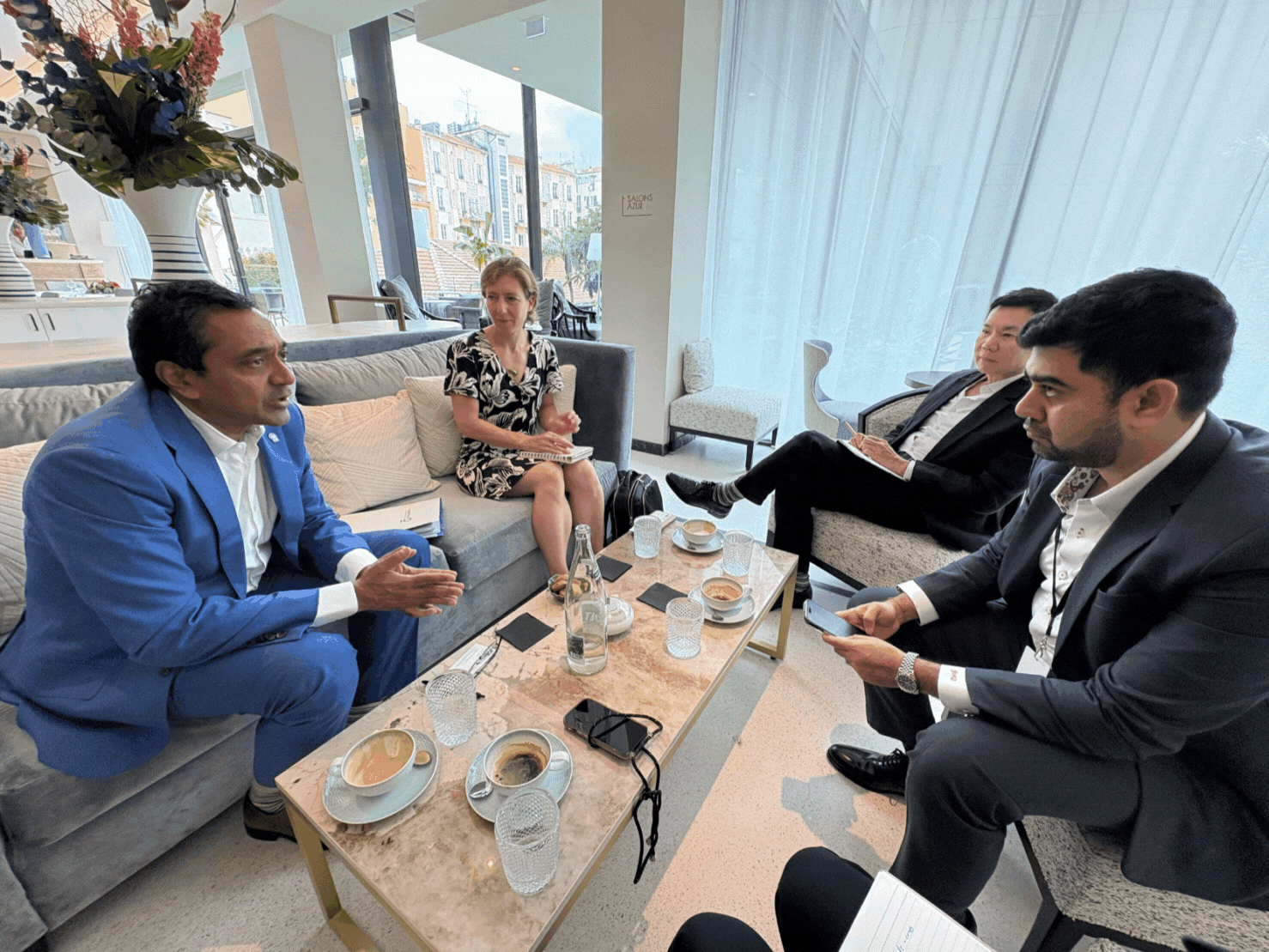
Meaningful moments with partners at the forefront of marine science and conservation — including Conservation International and IAEA Marine Environment Laboratories.
At a high-level panel hosted by OceanX during UNOC, PAA CEO Shaun Seow joined regional leaders to spotlight Southeast Asia’s oceans as vital ecosystems and economic lifelines. Speaking alongside HRH Crown Prince Hassanal of Pahang and Ruth Yeoh of YTL Corporation, he shared how philanthropy can turn research into impact, empower local stewardship, and mobilise risk capital to scale solutions for the blue economy.
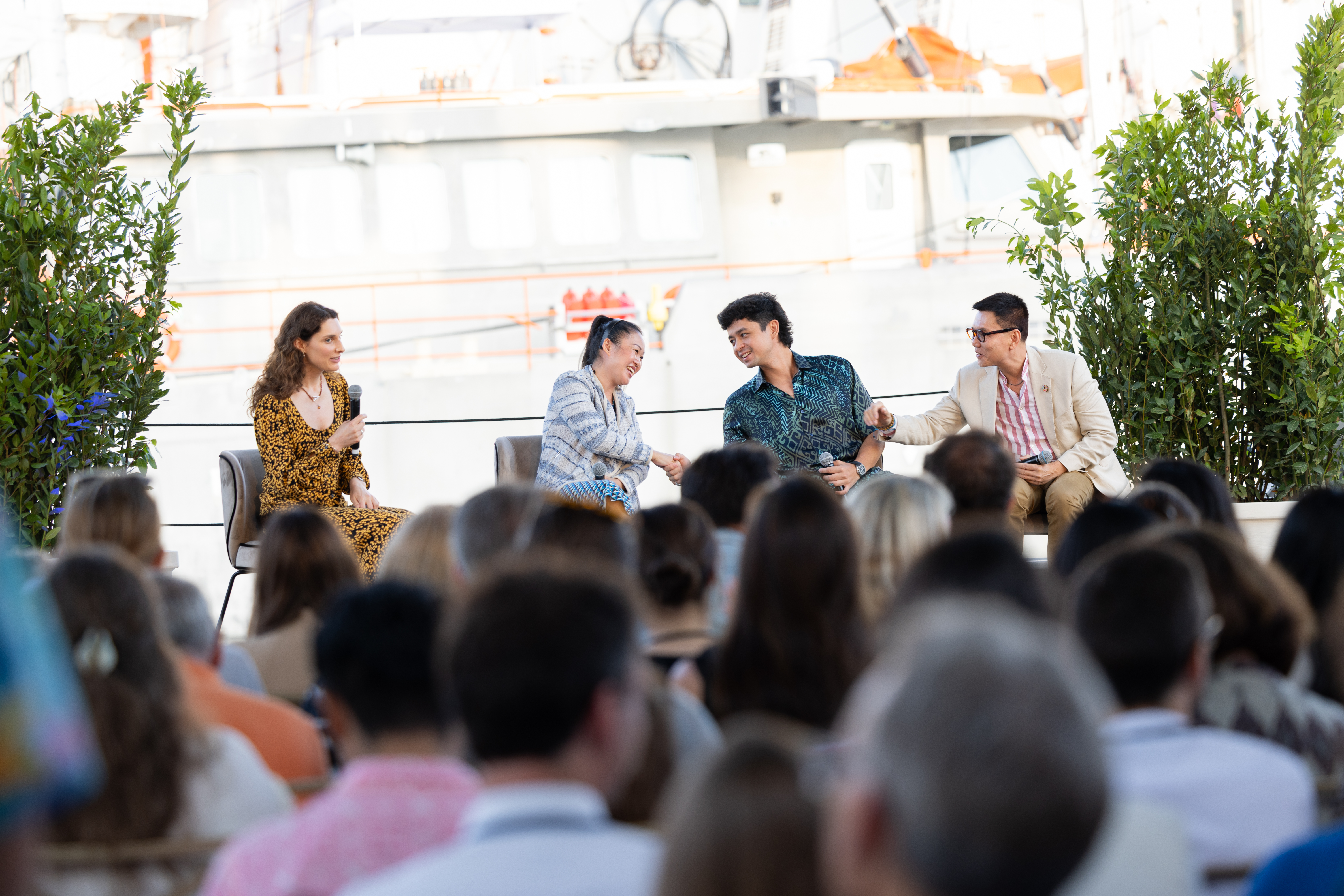
PAA CEO Shaun Seow joined regional leaders at the OceanX panel to discuss philanthropy’s role in advancing ocean innovation and community-led solutions.
Local Trust, Global Potential: The Role of Community Anchors
Successful ocean stewardship depends not just on innovation, but also local community empowerment and local capacity. Organisations such as the Coral Triangle Center, ASEAN Centre for Biodiversity, and Blue Alliance have worked hard at building trust across governments, communities, and funders to deliver on their conservation efforts.
Portugal-based marine conservation organisation Oceano Azul Foundation stands out as a thoughtful enabler, working with governments, universities, and local communities to achieve the designation of 27% of Portugal’s waters as Marine Protected Areas (MPAs), through the creation of a new large-scale MPA.
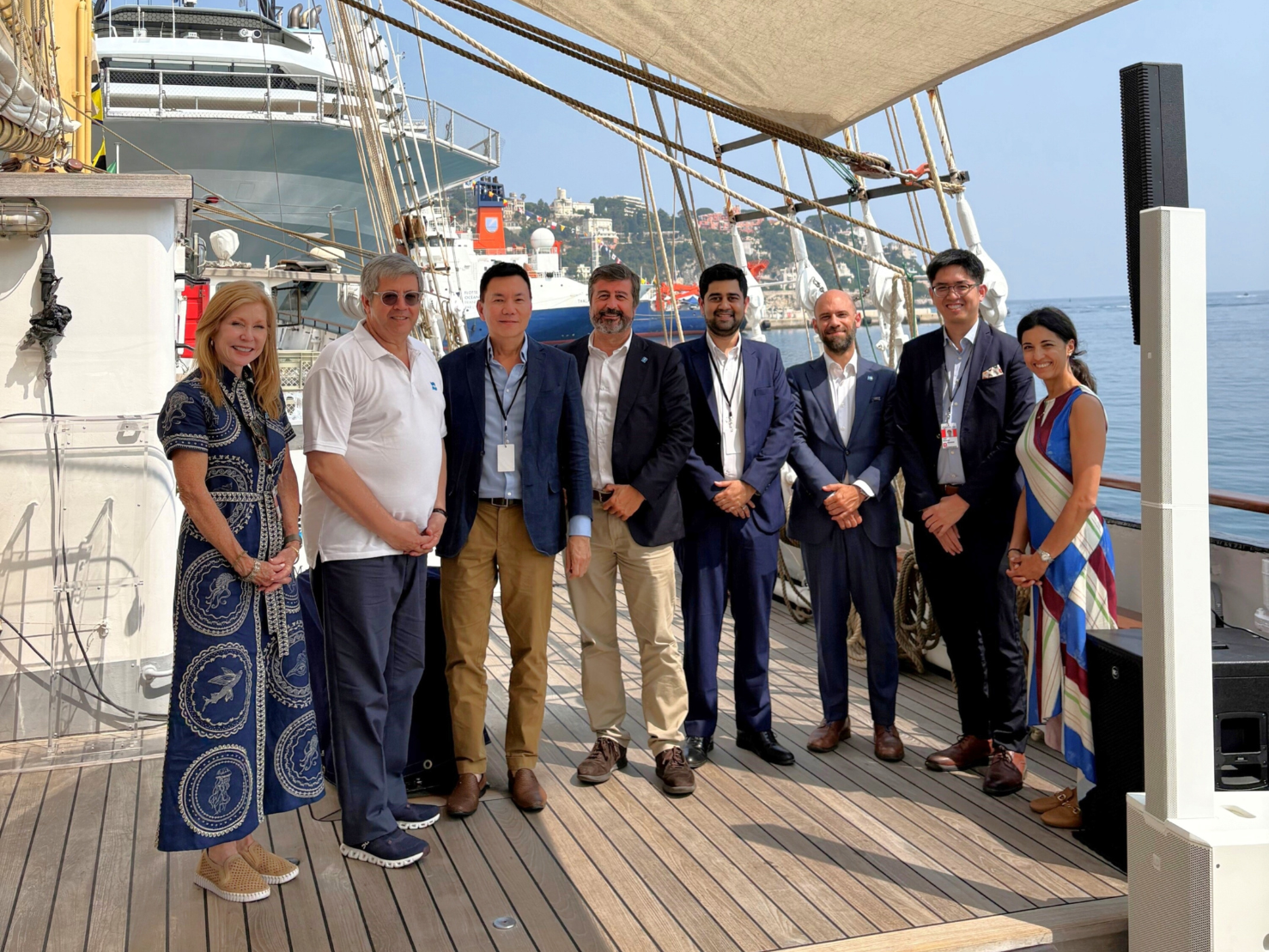
The PAA team onboard the Santa Maria Manuela, with José Soares dos Santos, Founder, Oceano Azul Foundation (second from left) and Tiago Pitta e Cunha, CEO, Oceano Azul Foundation (fourth from left). The two teams exchanged ideas on how to drive greater impact in ocean conservation.
Making Waves in Asia
Southeast Asia lacks a dedicated platform to convene ocean funders, innovators, and policymakers.
Riding on the momentum created by UNOC3, PAA will convene a dedicated oceans track at PAS 2026 (18-20 May 2026) to bring together philanthropy, impact investment, and community-led models to shape the future of oceans action in Asia.
PAA echoes the sentiment of this recent article in The Straits Times. Southeast Asia is gaining attention as a biodiversity leader. Two PAA members, Dalio Philanthropies (OceanX) and TPC (Tsao Pao Chee), have led the way in supporting marine science, innovation, and community-based conservation through the PAA Blue Oceans Community. With stronger partnerships, the region can play a defining role in advancing ocean health globally.
PAA welcomes funders, innovators, or policy leaders, community partners to join us on the journey to build a bright, blue future together.

.png?sfvrsn=7fea9931_1)
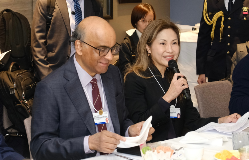
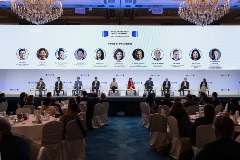
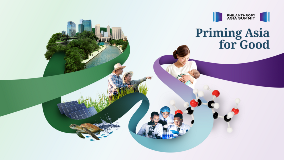

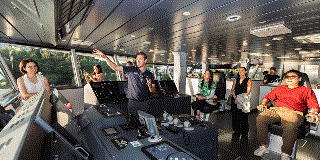

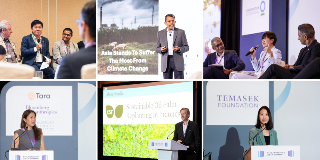
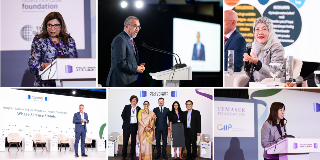
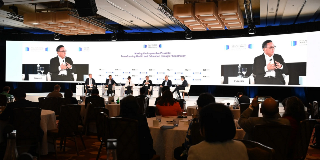
.tmb-.gif?Culture=en&sfvrsn=e13997ec_1)

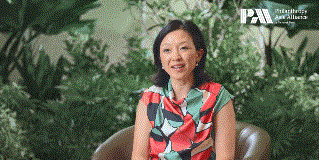
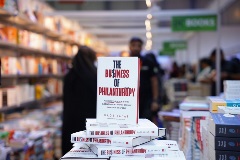
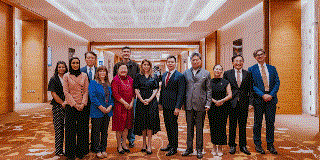
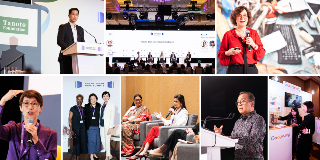
.tmb-.gif?Culture=en&sfvrsn=3f4b1163_1)
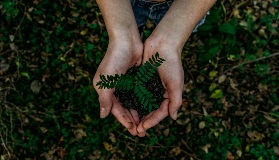
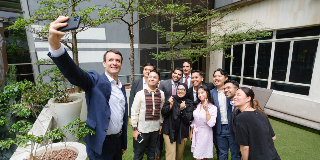
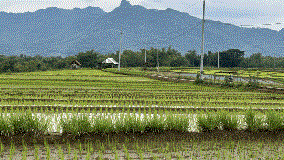

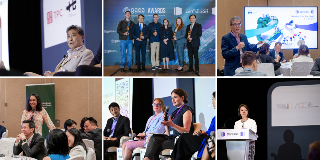

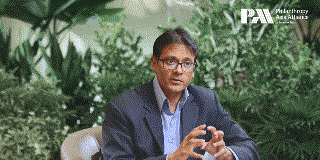
.tmb-.gif?Culture=en&sfvrsn=b5ece239_1)
.tmb-.gif?Culture=en&sfvrsn=6fb3b6df_1)

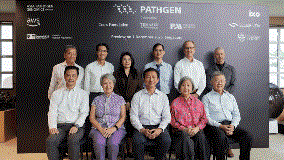

.tmb-.jpg?Culture=en&sfvrsn=fedc60fc_1)
